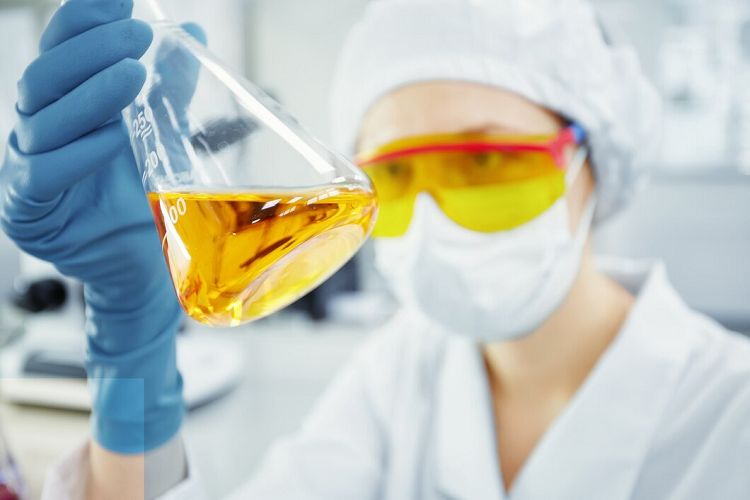Research is a crucial thing in any medical or scientific field. It is the reflection on which new discoveries and advancements are made. However, engaging in research can be a time- consuming and deadly process, particularly while it contains the usage of liquids. To maximize efficiency and accuracy in studies, it’s mandatory to use high-quality liquids.
High-quality liquids refer to properties that are pure, reliable, and free from toxins. These liquids are necessary for different research strategies, consisting of experiments, trying out, and evaluation.

In the field of scientific research, manipulating high-quality liquids with precision is critical for precise results. Whether you’re conducting experiments in chemistry, biology, or another subject, understanding how to handle and where to buy research liquids can substantially impact the accuracy and reproducibility of your results. This article provides practical advice to maximize lab efficiency by handling research with high-quality liquids properly.
7 Ways to Maximize Lab Efficiency Using High-Quality Liquids
Here are some ways in which high-quality liquids can help maximize lab efficiency in research.
1. Calibration and Maintenance of Equipment
Researchers must maintain and set up the required and advanced research equipment to maintain high efficiency and accuracy during the experiment. Furthermore, any faulty laboratory methods and equipment should be removed immediately to reduce errors during the operation.
2. Use High-Quality Laboratory Glassware
Furthermore, the researchers must use advanced glassware to avoid situations where they cannot properly handle the research results’ accuracy. Borosilicate glassware is a good example of high-quality glassware that is durable and resistant to thermal shocks, making it the perfect equipment researchers can equip for favorable results.
3. Minimizing Liquid Loss
Evaporation or adherence to container surfaces can cause inaccurate volume estimations. To reduce liquid loss:
- Keep containers firmly sealed while not in use to avoid evaporation.
- To lessen liquid adherence, use pipette tips with low retention or surfaces that have been coated.
- Limit the duration between liquid transfer procedures to reduce exposure to environmental variables.
4. Temperature Control
Temperature variations can change the properties of liquids, influencing their volume and behavior. Maintain stable temperatures in the lab:
- To keep liquids in good condition, store them at the prescribed temperature.
- Allow liquids to acclimate to room temperature before use, especially if stored in different conditions.
- Use temperature-controlled equipment for experiments that necessitate precise temperature regulation.
5. Proper Mixing and Homogenization
Some studies necessitate the thorough mixing of high-quality liquids to maintain consistency. Follow these tips for efficient mixing:
- Use appropriate mixing procedures, such as vortexing, shaking, or stirring, depending on the viscosity and characteristics of the liquids.
- Avoid adding air bubbles during mixing because they can interfere with volume measurements and sample consistency.
- Visually evaluate the mixture for evidence of separation or stratification to ensure perfect homogeneity.
6. Documentation and Record-Keeping
Proper documentation of liquid handling processes is crucial for ensuring reproducibility and traceability. Keep careful records of:
- Volume measurements, including instrument type, calibration status, and any deviations from normal practices.
- Any deviations or mishaps during the liquid handling process and the corrective steps done.
- Consider their storage conditions and expiration dates to ensure the efficacy and dependability of reagents and solutions.
7. Quality Control and Validation
Implement regular quality control methods to ensure accurate and precise liquid handling operations. This may include:
- Regularly checking pipettes and other equipment with reference standards or control solutions.
- Participating in proficiency testing programs to compare performance and pinpoint areas for development.
- Conducting validation tests to determine the dependability and reproducibility of liquid handling methods under various experimental situations.
In Summary
Properly managing research high-quality liquids is critical for producing accurate and reproducible results in the lab. Researchers can improve the accuracy and precision of their studies by using best practices such as adequate equipment calibration, mastering pipetting procedures, limiting liquid loss, and maintaining comprehensive documentation.
Incorporating these recommendations into routine laboratory activities can increase scientific understanding and ensure the validity of study findings. For more details, contact Lotilabs.



